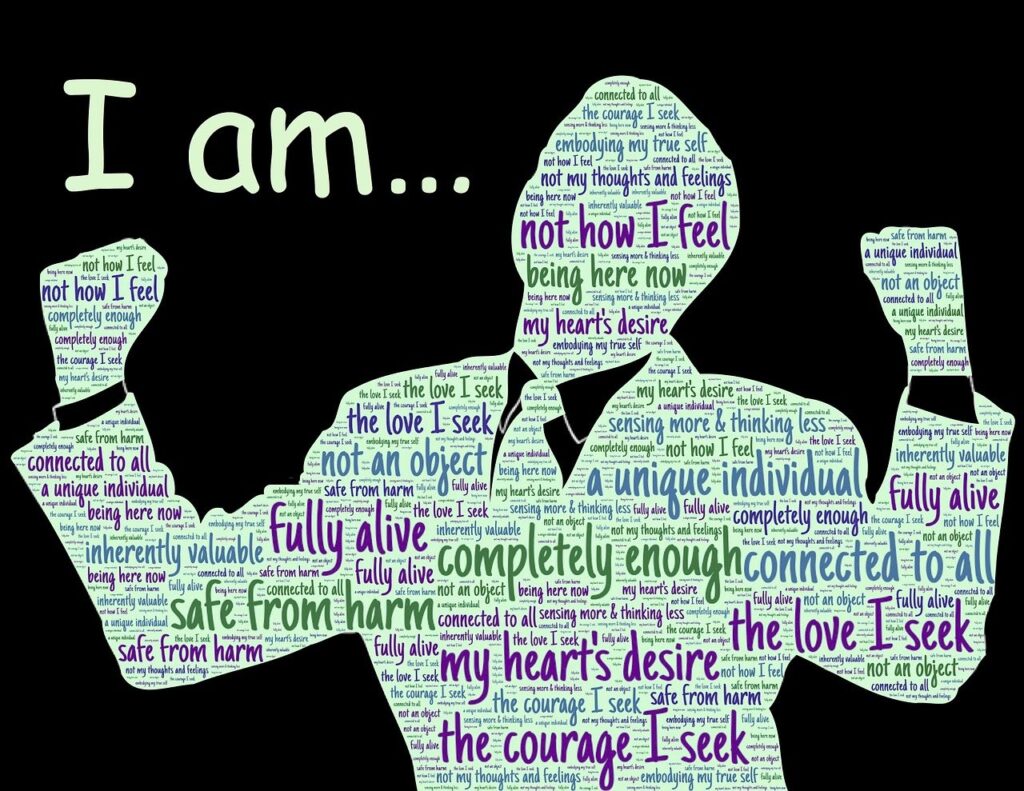Have you ever felt confident one moment, only to be plagued by self-doubt the next? Or found yourself acting one way with certain people and entirely differently with others? These experiences may stem from an inconsistent self-image—a common but often overlooked challenge that can impact your emotional well-being, decision-making, and relationships.
In this blog, we’ll explore what it means to have an inconsistent self-image, why it happens, and how you can begin building a more stable sense of self. Along the way, you’ll discover practical tools to better understand your unique identity and foster personal growth.
What Is an Inconsistent Self-Image?
An inconsistent self-image occurs when you see yourself in contradictory ways. For example, you might feel capable and worthy at times but inadequate and uncertain at others. This internal tug-of-war can leave you feeling fragmented, making it hard to maintain clarity about who you are and what you value.
Why Does This Happen?
Several factors can contribute to inconsistent self-image:
- Early Attachment Issues: Unavailable or inconsistent caregiving can create internal conflicts about your worth and lovability, which carry into adulthood.
- Trauma: Adverse experiences often fragment the self as the mind compartmentalizes painful memories and emotions.
- Social Pressures: Cultural ideals and societal norms can clash with personal experiences, leaving you torn between competing versions of yourself.
- Relationships: Feedback from others—especially those close to you—acts like a mirror. Conflicting or critical reflections can destabilize your sense of self.
How Does It Feel?
An inconsistent self-image affects more than just how you see yourself—it can ripple across your emotions, behaviors, and relationships.
- Emotional Roller Coaster: Sudden spikes or drops in self-esteem can leave you feeling confident one day and completely uncertain the next.
- Cognitive Battles: Conflicting beliefs about your abilities or worth can lead to self-doubt and rumination.
- Interpersonal Strain: Erratic self-perceptions often translate into unpredictable behavior in relationships, confusing those around you and creating tension.
Why It’s Important to Address
Left unchecked, an inconsistent self-image can contribute to anxiety, depression, and chronic stress. It takes significant mental energy to reconcile clashing self-views, which can further strain your well-being. However, recognizing this pattern is the first step toward building a more stable and cohesive sense of self.
Steps to Reclaim a Stable Self-Image
1. Recognize the Patterns
Pay attention to moments when your self-image shifts dramatically. What triggered the change? Was it external feedback, a social situation, or an internal conflict? Understanding these patterns can help you anticipate and navigate future fluctuations.
2. Reflect on Your Past
Many self-image struggles stem from early experiences. Journaling about your childhood, relationships, and key life events can uncover how these shaped your current view of yourself.
3. Balance External and Internal Validation
While feedback from others is natural, relying solely on it to gauge your worth can leave you vulnerable. Practice grounding your self-esteem in your values, achievements, and inner sense of worth.
4. Embrace All Parts of Yourself
Resist the urge to focus only on your “good” or “bad” traits. Instead, strive to integrate both, recognizing that everyone has strengths and flaws. This balanced perspective fosters self-acceptance and growth.
Reflection Questions to Deepen Self-Understanding
Reflection is a powerful tool for building self-awareness. Use these prompts to explore your self-image:
- When do you feel most confident, and what situations challenge your self-esteem?
- How have your past experiences shaped how you see yourself today?
- Do you notice your self-image shifting depending on who you’re with? Why might that happen?
- If you had to describe your life story, how would you connect the dots between your successes, failures, and lessons learned?
Final Thoughts: Building a Cohesive Self
Your self-image is not set in stone. By examining your experiences, balancing internal and external feedback, and embracing your complexity, you can develop a stable and resilient sense of self. The journey isn’t always easy, but every step brings you closer to understanding who you are and creating a life that aligns with your values. So, the next time you feel uncertain about who you are, pause and reflect. What’s shifting your perspective? And how can you use this awareness to strengthen your connection with yourself?


